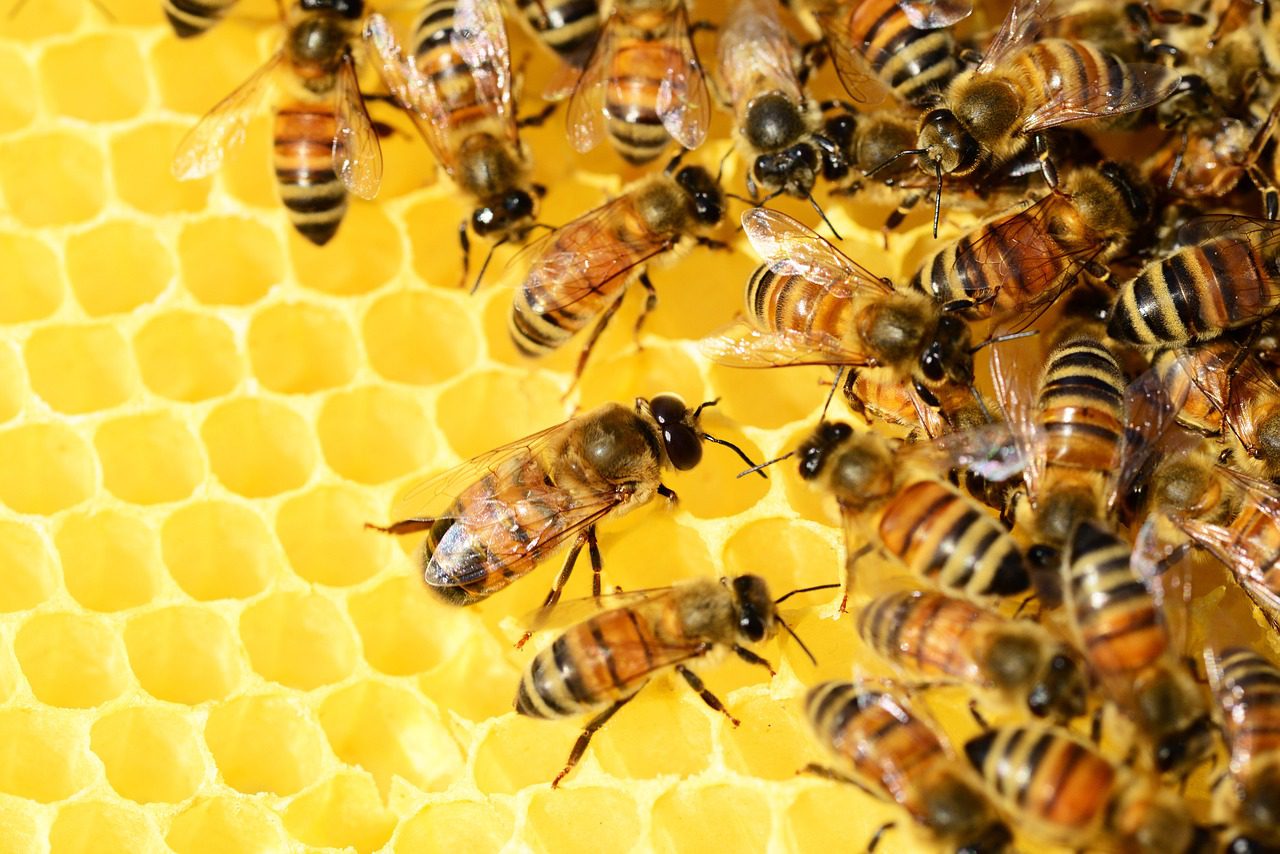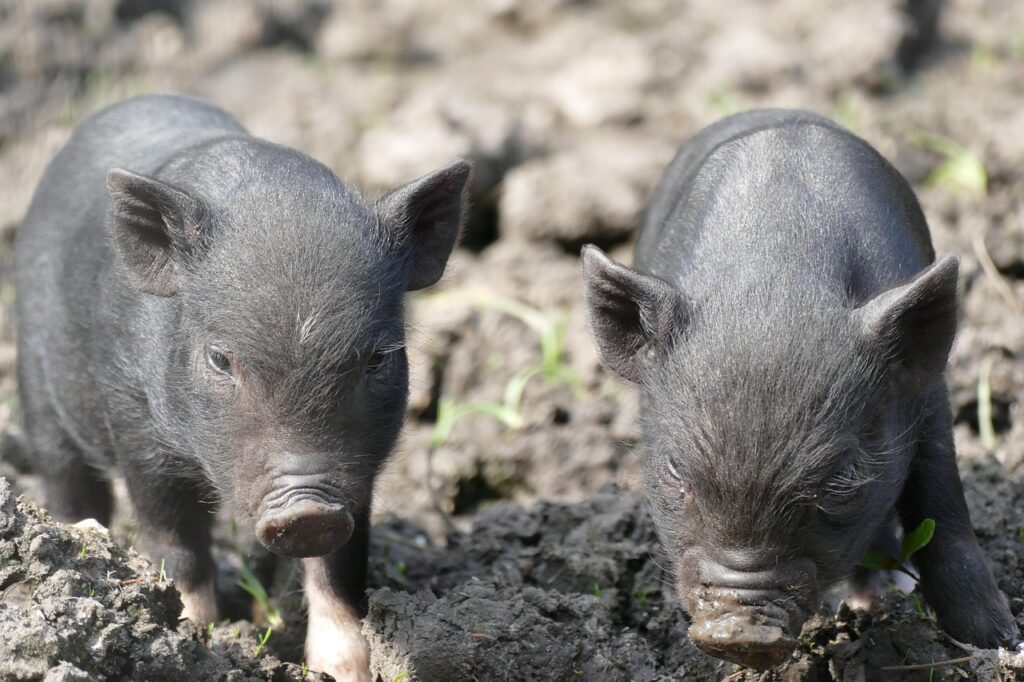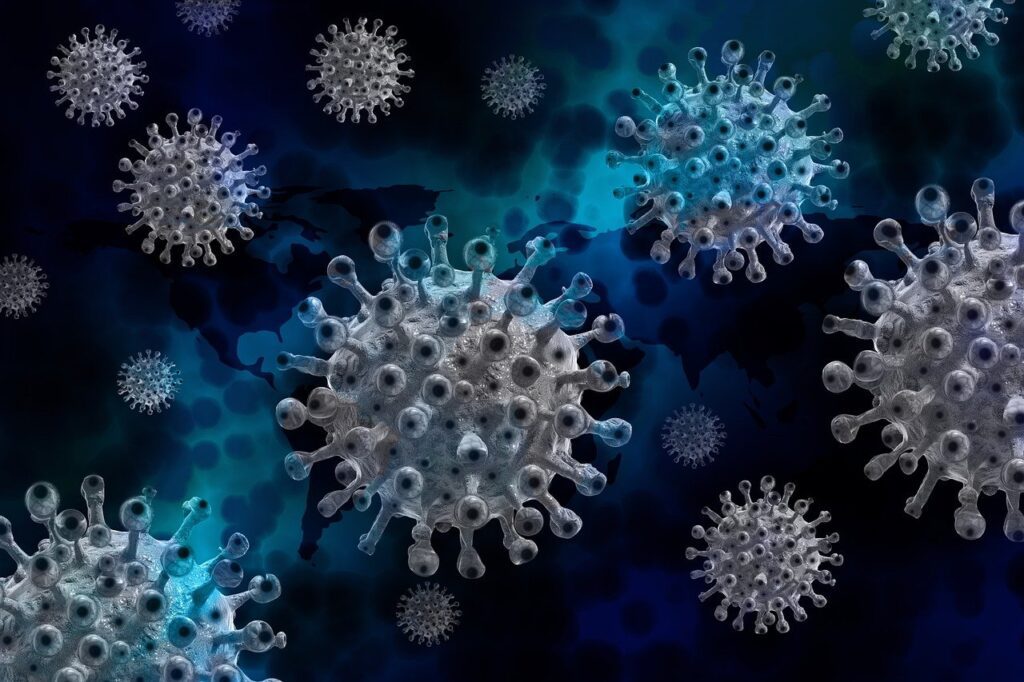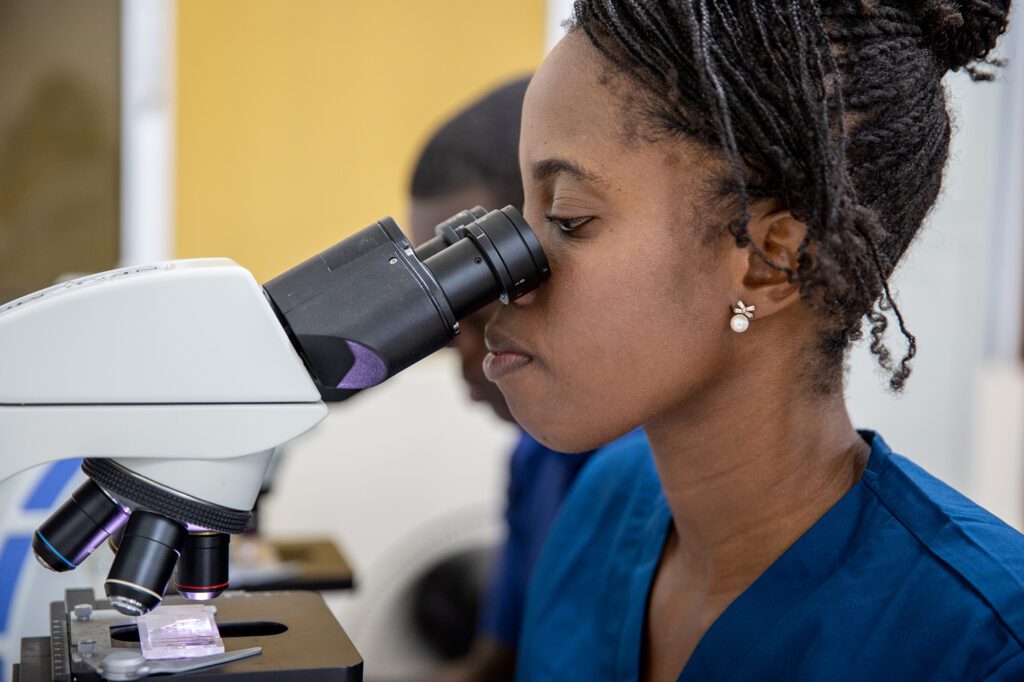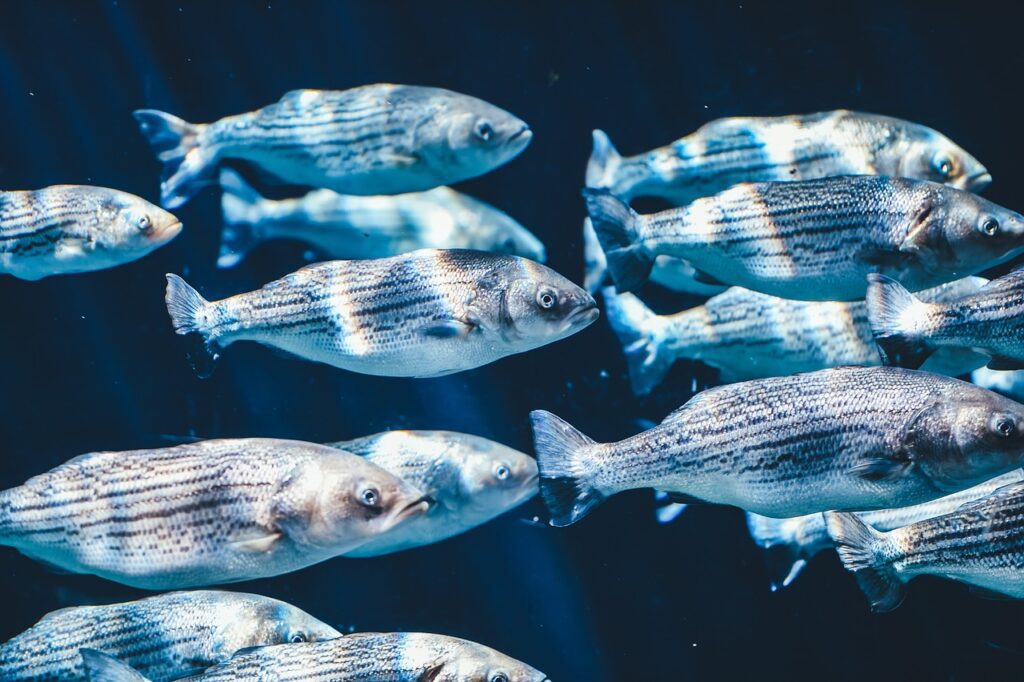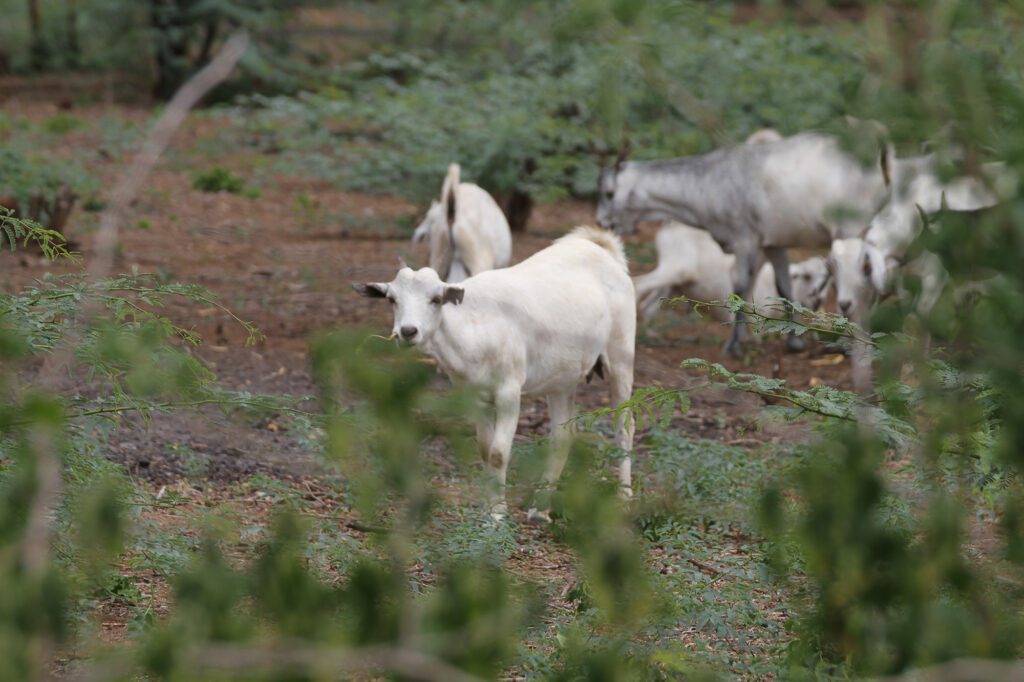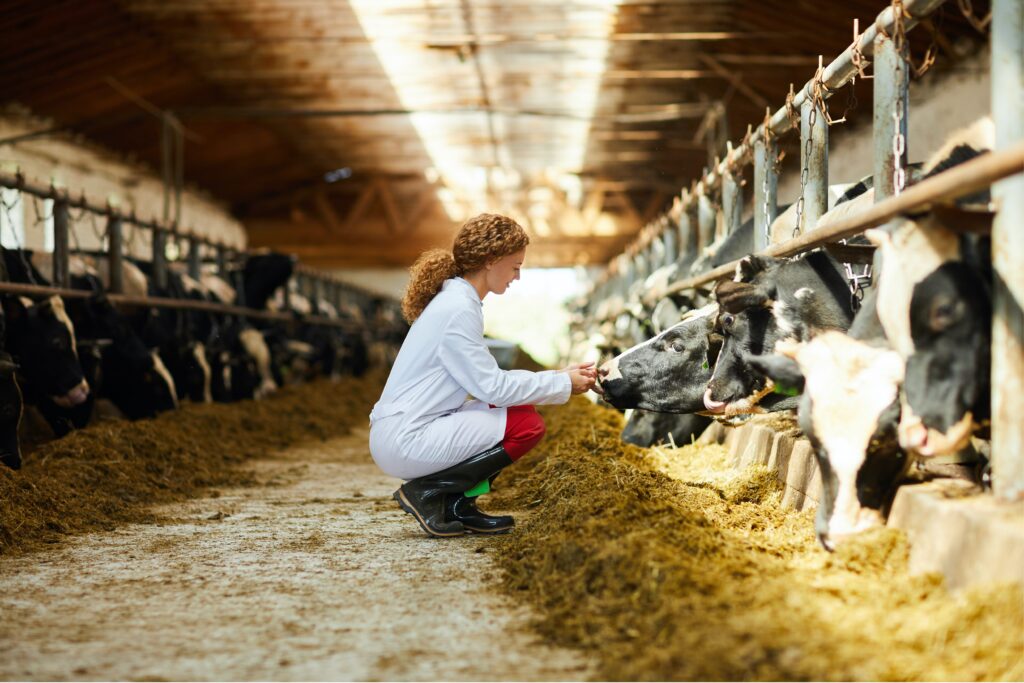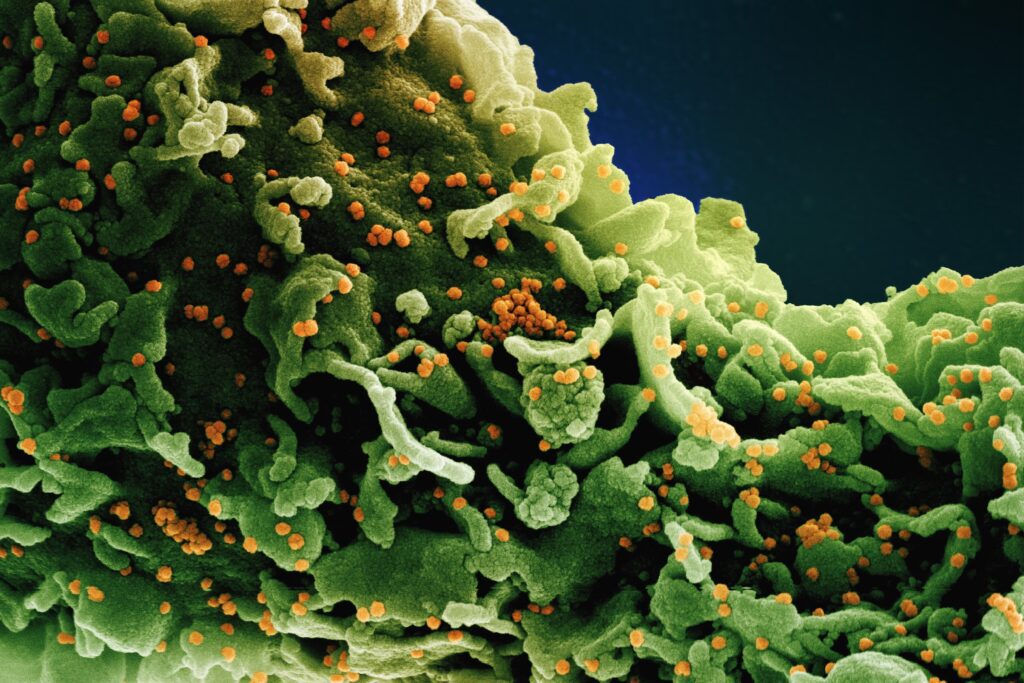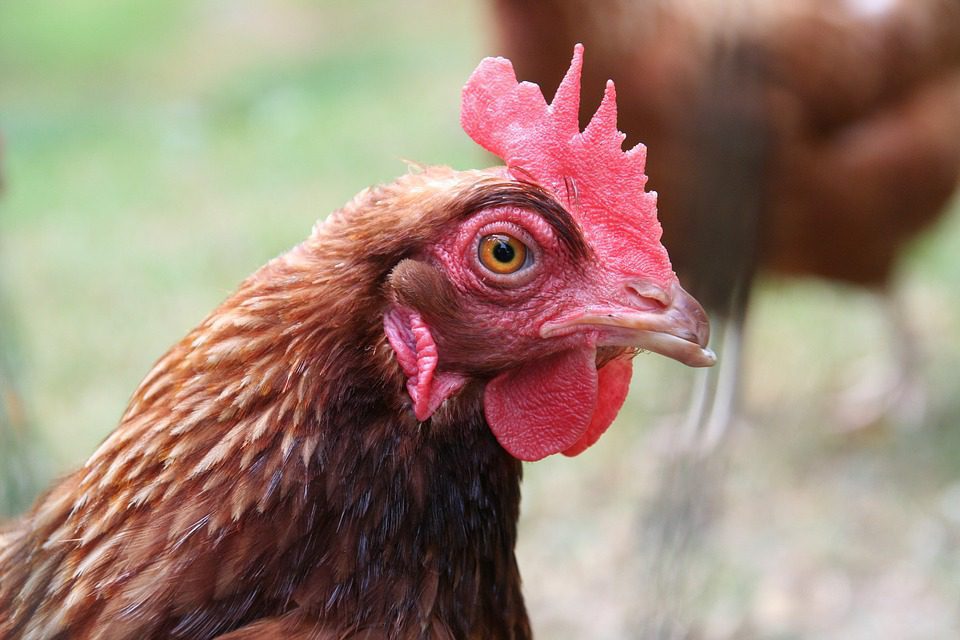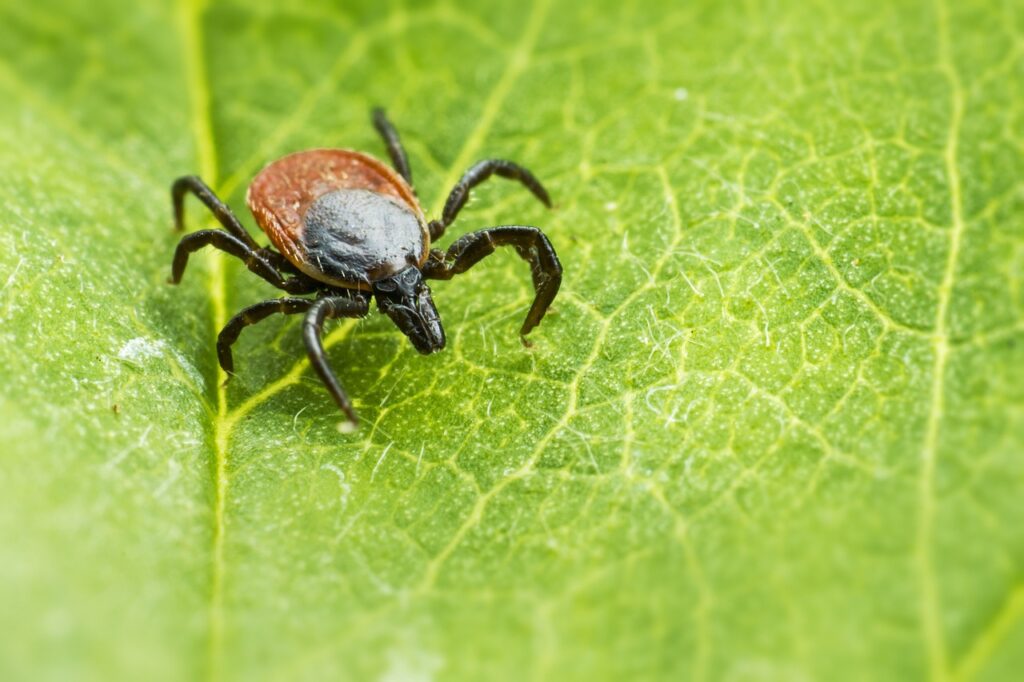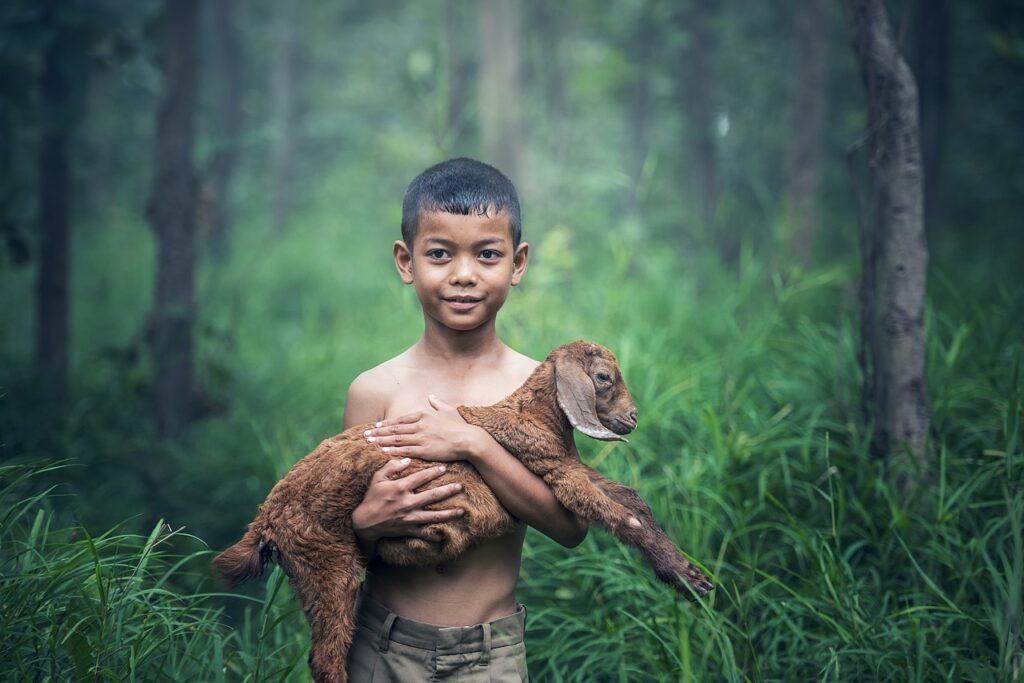Executive Committee
The Executive Committee includes one representative per funding body (public, charity, animal health private sector), WOAH, the Scientific Committee Chair and the STAR-IDAZ Chairperson.
The Executive Committee coordinates research funding strategies to address identified research priorities such as those identified by the Scientific Committee.
Members of this Committee should promote support for STAR-IDAZ IRC objectives from the livestock and animal health industries and services and the wider donor community.
The Executive Committee meets twice a year.
Scientific Committee
Members of the STAR IDAZ IRC Scientific Committee advise the Executive Committee on research priorities and progress made from a scientific viewpoint.
The Scientific Committee is composed of approximately 16 members with a balanced expertise and representation from academia, livestock and animal health industry, and risk assessment and regulatory bodies. Scientific Committee members are appointed by the Executive Committee from a list of candidates nominated by:
- Funding bodies represented in the Executive Committee
- Industry organisations representing the livestock and animal health industries.
Working Groups
The working groups are established based on STAR IDAZ IRC priorities. They are composed of experts within the scientific domain of the working group, including representatives from funded projects that contribute to STAR IDAZ IRC, additional experts and representatives of livestock industries and other stakeholders that are nominated by the Executive Committee or the Scientific Committee.
The working groups conduct gap analyses and contribute to the development of the research roadmaps.
Secretariat for the International Research Consortium on Animal Health (SIRCAH)
The STAR-IDAZ IRC Secretariat (SIRCAH) provides organisational and communication support to STAR IDAZ IRC and its various members and thereby contribute to the IRC policies and guidelines aimed at coordinating research at international level to contribute to new and improved animal health strategies.
The Secretariat is funded by the European Commission through a Horizon Europe project known as SIRCAH2 (Support for the International Research Consortium on Animal Health). SIRCAH2 involves Kreavet, Defra (UK Department for Environment, Food and Rural Affairs), World Organization for Animal Health (WOAH), CAB International (CABI), UKRI-BBSRC (Biotechnology and Biological Sciences Research Council), and Kreavet.
Help build the STAR IDAZ community.
Share reports and updates on social channels.
News
Global African Swine Fever Research Alliance (GARA) Scientific Meeting
28-30 April, 2025
Rome, Italy
STAR IDAZ–UK-ICN Research Roadmaps Aim to Strengthen Coronavirus Preparedness
The STAR IDAZ International Research Consortium (IRC), in collaboration with the UK International Coronavirus Network (UK-ICN), has published a series of targeted research roadmaps on coronaviruses. These roadmaps identify critical research priorities to accelerate the development of effective coronavirus control methods—supporting both human and animal…
Events
13th International Congress for Veterinary Virology (ESVV 2025): Including an EPIZONE Session
September 2nd - 5th, 2025
Grand Hotel Bernardin, Portorož, Slovenia
92nd General Session of the World Assembly of Delegates
May 25th - 29th, 2025
Maison de La Chimie, Paris, France.
Costa Rica 2025 Brucellosis International Research Conference
November 4th - 7th, 2025
San José, Costa Rica
International Conference of Production Diseases in Farm Animals
July 8th - 11th, 2025
Leuven, Belgium
30th Conference of the World Association for the Advancement of Veterinary Parasitology
August 17th - 21st, 2025
Curitiba, Brazil

